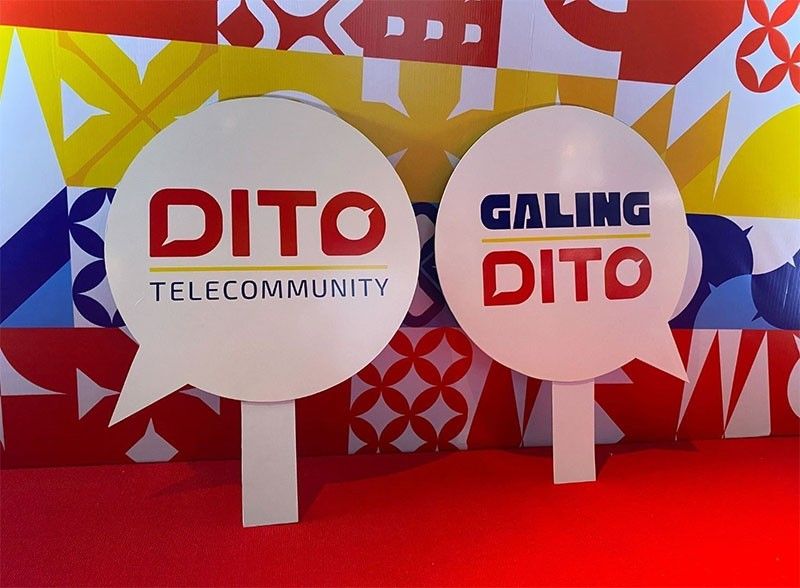Singaporean investor gets 25 percent of Dito CME

MANILA, Philippines — A Singapore-based investor now owns 25 percent of the parent of Dito Telecommunity Corp., as it purchased new shares worth P3.3 billion in the telco operator.
In a disclosure to the Philippine Stock Exchange, Dito CME Holdings Corp. said Summit Telco Corp. Pte. Ltd. recently bought 3.3 billion shares for P1 each.
As a result, Dito CME said it had to increase its total number of issued and outstanding shares to 19.54 billion, from 16.24 billion.
With the addition of new shares, Summit Telco has grown its stake in Dito CME to 4.89 billion shares, or 25 percent of the outstanding stock. Summit Telco made its initial investment in Dito CME in August, buying 1.59 billion shares in the telco owned by Davao-based billionaire Dennis Uy.
Similar to the first transaction, Dito CME made no mention of the kind of business that Summit Telco is involved in.
Likewise, records showed that Summit Telco was just incorporated in June, two months before it completed its first engagement with Dito CME.
In August, Dito CME also sold 610 million shares to Xterra Ventures Pte. Ltd., another Singapore-based company incorporated just this year.
Dito Holdings Corp., a subsidiary of Dito CME, also issued 2.24 billion shares for P1 a piece to Summit Global Ltd., a firm in Cayman Islands, in September.
These changes in the Dito structure are geared toward funding the capital expenditures of the third player in the telco industry, Dito Telecommunity. The telco is building up its network of infrastructure to keep up with industry giants PLDT and Globe Telecom.
Last month, Dito Telecommunity signed a $3.9 billion loan, maturing in 15 years, with foreign banks. The borrowing is one of the largest long-term debts arranged for a Philippine entity.
Dito Telecommunity also brought in Ernesto Alberto as its new CEO to replace Uy, who remains as chairman of the telco.
Alberto, who used to serve as PLDT’s chief revenue officer until 2019, is banked on to lead Dito Telecommunity toward its growth targets, the most challenging of which is to become profitable by 2028.
- Latest
- Trending


























